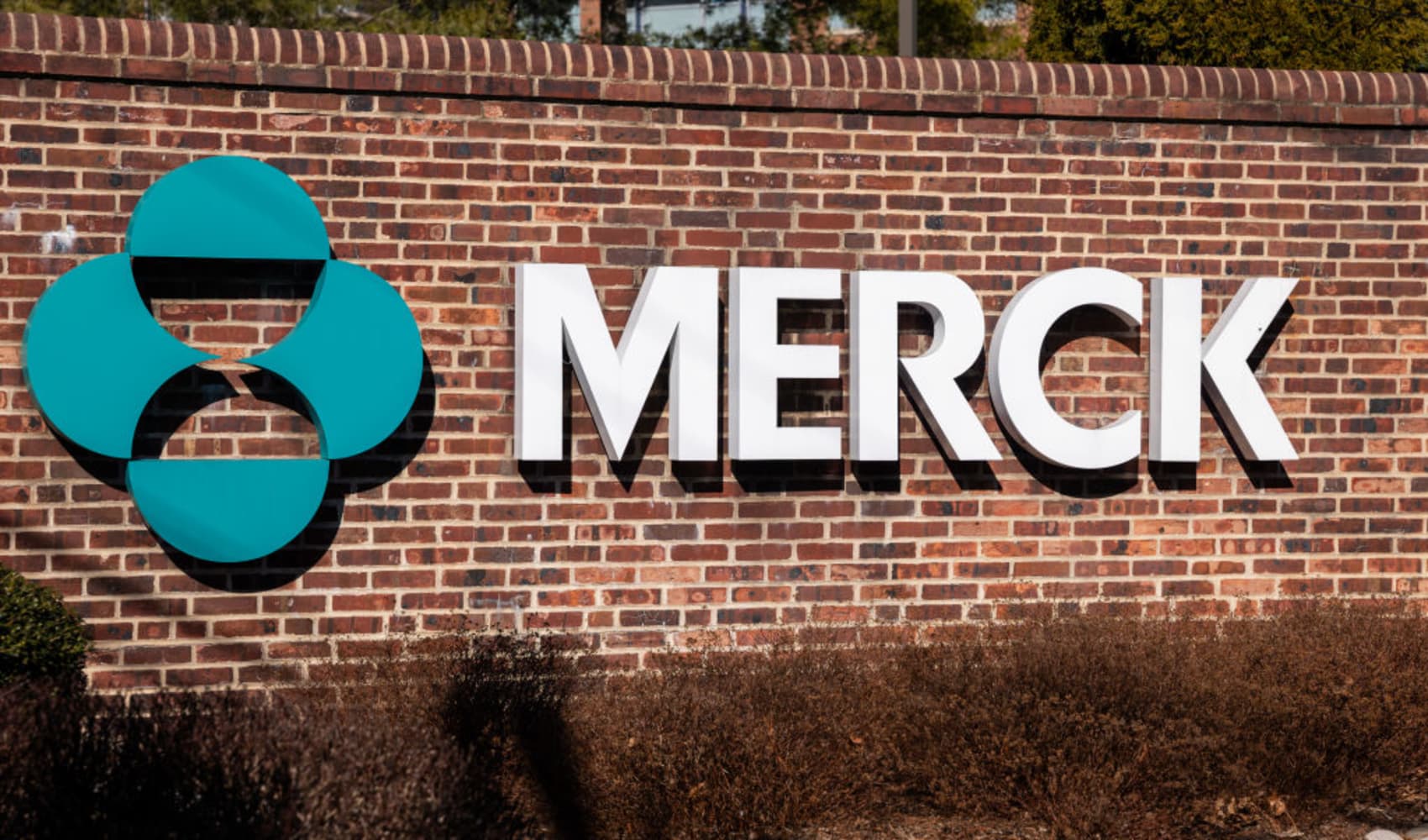
Global markets pulled back earlier this week after protests across China erupted over the country's zero-Covid policy. For bullish investors, the growing unrest signals the process of reducing lockdowns and increasing vaccination levels. Bears believe that more targeted lockdowns will continue regardless of the protests.
"Our clients are really struggling with how to play this market," Ben Slavin, Global Head of ETFs at BNY Mellon, told Bob Pisani on CNBC's "ETF Edge" on Monday.
With close to 50 ETFs that track China, Slavin explained that the amount of choice available to investors creates the predicament of how to best position yourself.
Get Philly local news, weather forecasts, sports and entertainment stories to your inbox. Sign up for NBC Philadelphia newsletters.
"What those ETFs hold and the risk that investors are undertaking is very different depending on which one of those products you're in," he said. "But historically they've been underweight China.
And with the SPDR S&P China ETF (GXC) down 30% this year, there's a growing debate on whether China makes a good investment now given the political risks.
"There's two aspects that I would look at right now," Matt Bartolini, Head of SPDR Americas Research at State Street Global Advisors, said on Monday. "One is valuations."
Money Report
Because the market is down so significantly, he said, valuations are relatively constructive versus broad emerging markets and global equities.
"And the second part is liquidity," Bartolini continued. "It is one of the few areas of the marketplace where central bank liquidity is increasing."
Bartolini explained that the valuation-liquidity argument could make a case for an allocation, but not as a stand-alone asset class.
A long-standing approach for investors has been to own allocation of the globe based on market capitalization. For example, if China holds 15% of the world's market capitalization, then it's a safe bet to own a fund that represents that same amount of 15%.
But Bartolini pointed out that market cap weighted indexes might be useful for asset allocation, they're different in how global gross domestic product is weighed.
"They're much more geared toward U.S. equities, he said. "Where global GDP is actually further to the east."
Bartolini suggested that reallocating toward international stocks in areas like India and China can be more reflective of global GDP growth generation. But because of the strength of U.S. equities, he also warned that that strategy has lagged the broad-based benchwork within the past decade.
"It goes back to the valuation case," he said. "Where value stocks are international stocks right now, value stocks are Chinese equities. But sometimes things can be cheap for a reason, so you need to look for increasing profitability alongside that valuation."
News of the widespread protests pushed the Hang Seng (.HSI), Shanghai (.SSEC) and Shenzhen (.SZI) indexes lower at the start of the week before catching a reprieve on Tuesday. Chinese officials reported the first decline in Covid infections within the mainland in more than a week, contributing to a rally in the Hong Kong and Shanghai markets.
On the flip side, China shares the U.S., like KraneShares CSI China Internet ETF (KWEB) and iShares MSCI China ETF (MCHI), have started to move higher and Monday and continued to log gains.
"If you look at MSCI Emerging Markets (EEM) and MSCI China 10 years ago, 50% of those benchmarks was financials, energies and materials," Brendan Ahern, Chief Investment Officer for KraneShares, said on Monday. "So, at the start of a decade of growth, decadence investing, the big blob benchmarks were basically value proxies."
Adding context to the notion that China has underperformed, Ahern said that only 2% of the MSCI China Index was composed of tech decade ago. Still, that 2% did two and a half times the performance of the S&P 500.
"What we've tried to do at KraneShares is give you exposure to those growth elements within emerging markets and China, which the broad benchmarks have really delivered," he said.
Despite the recent gains, KWEB and MCHI are down 27% and 28% this year, respectively.






